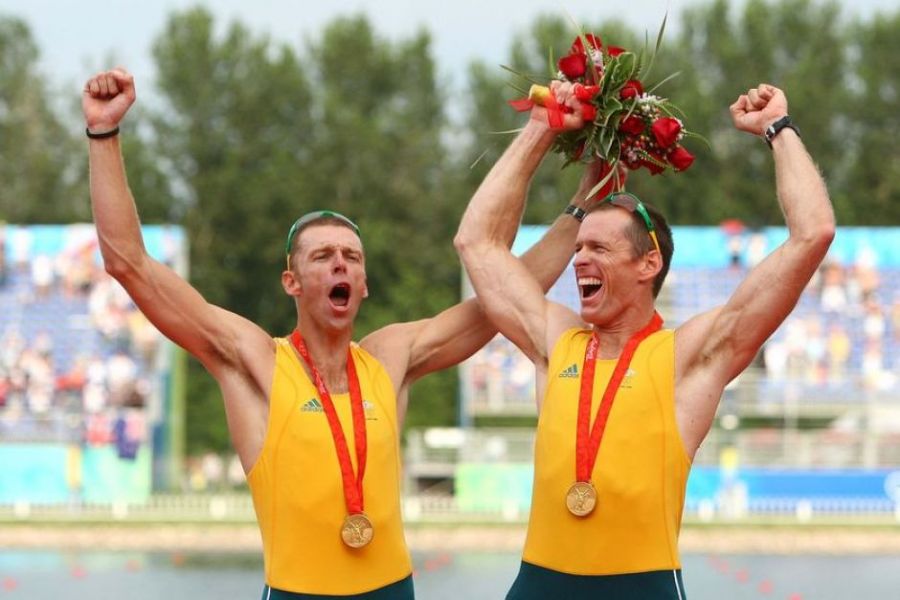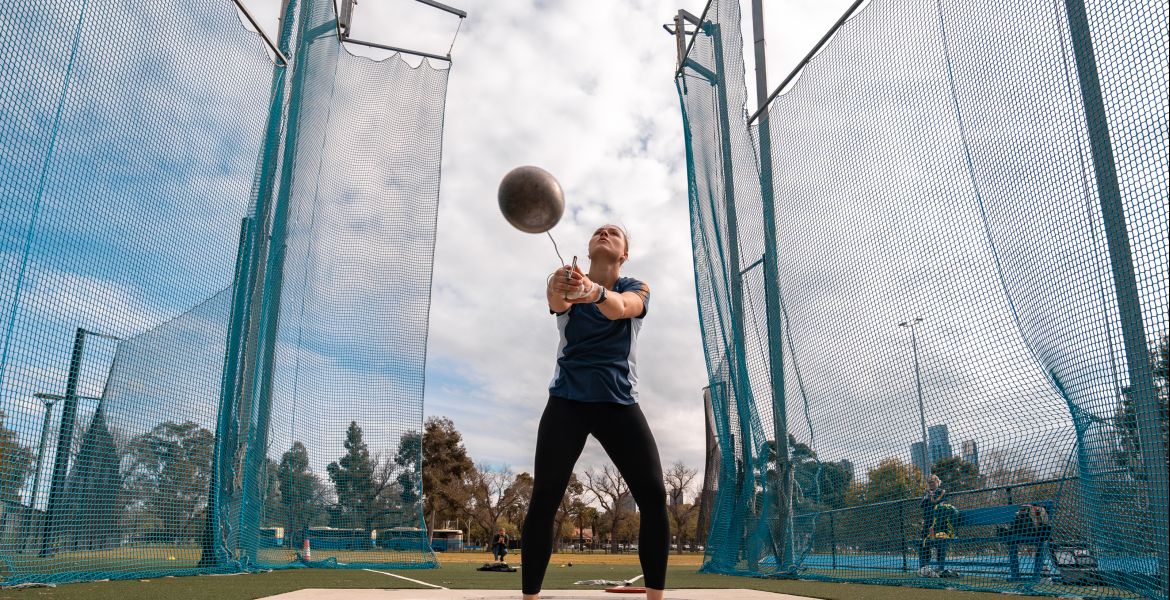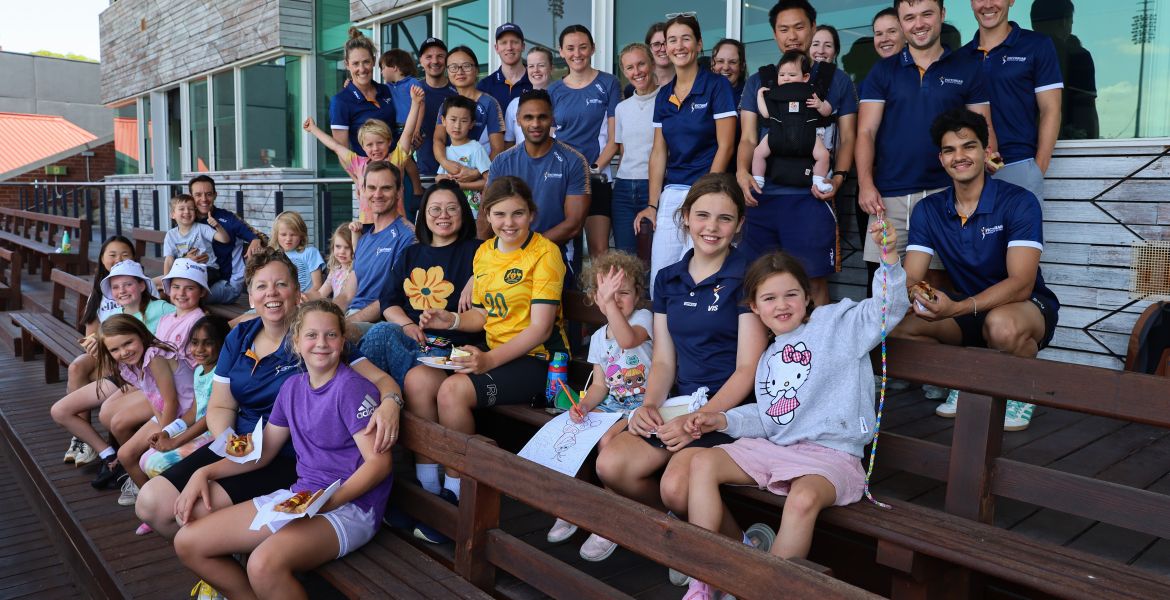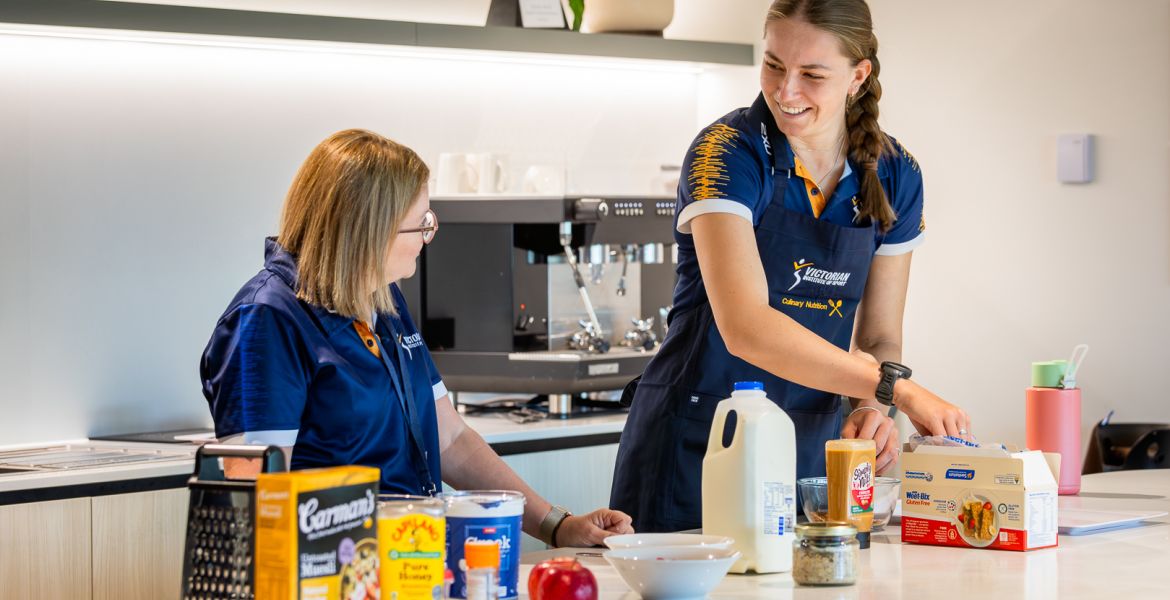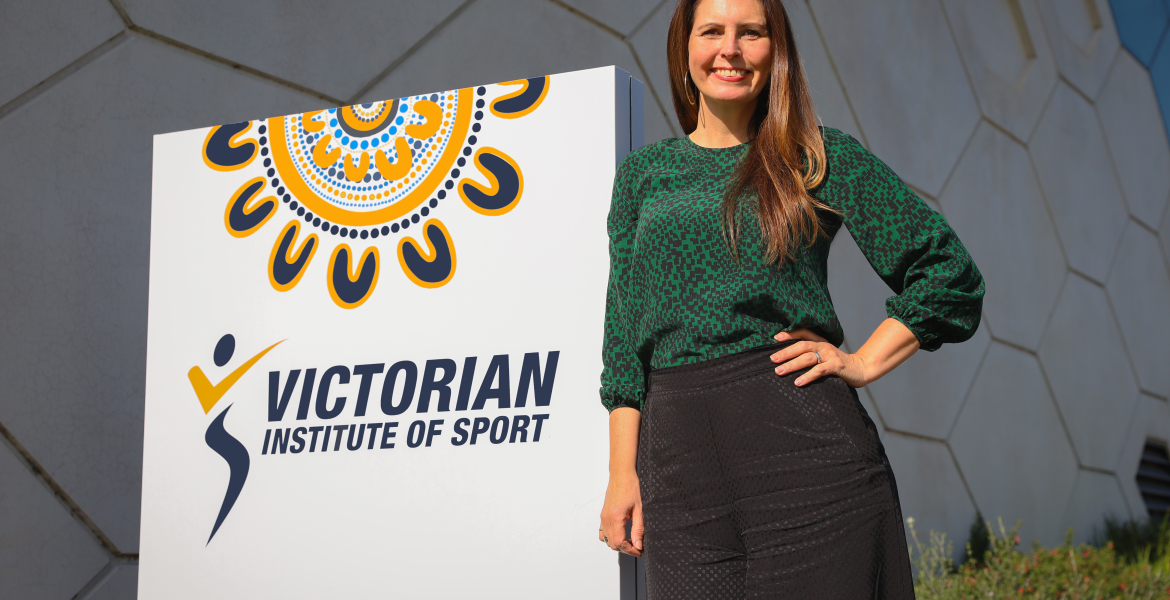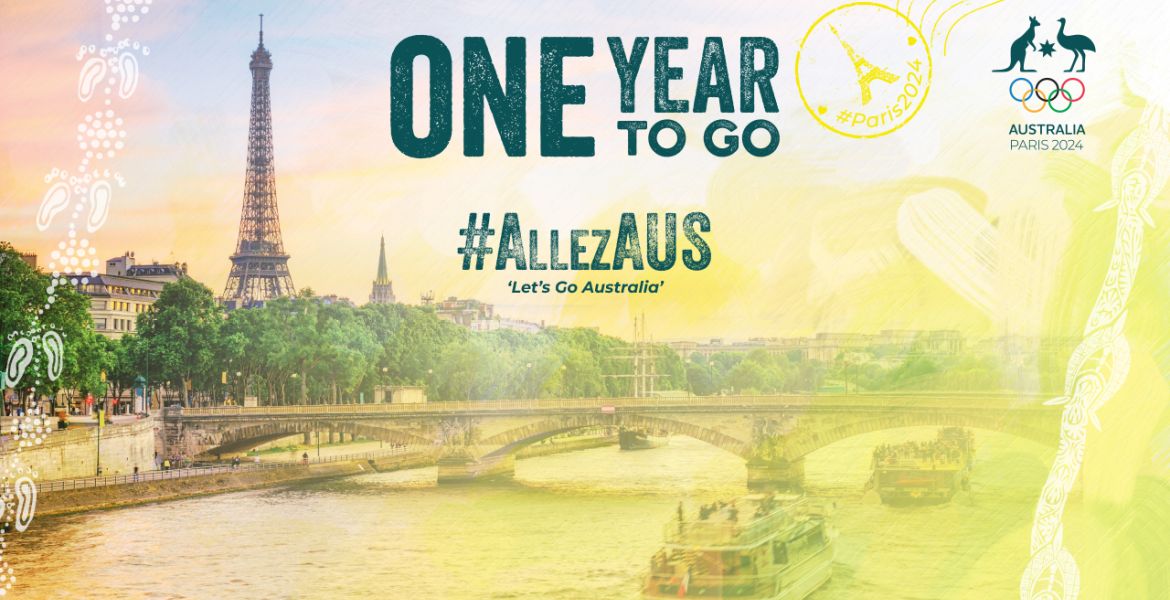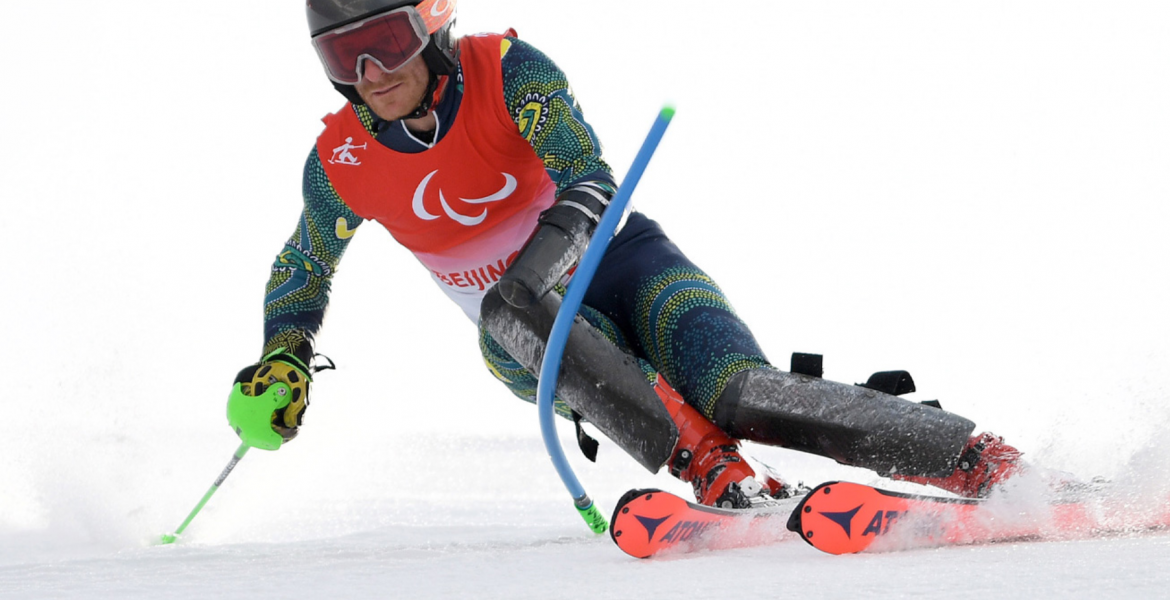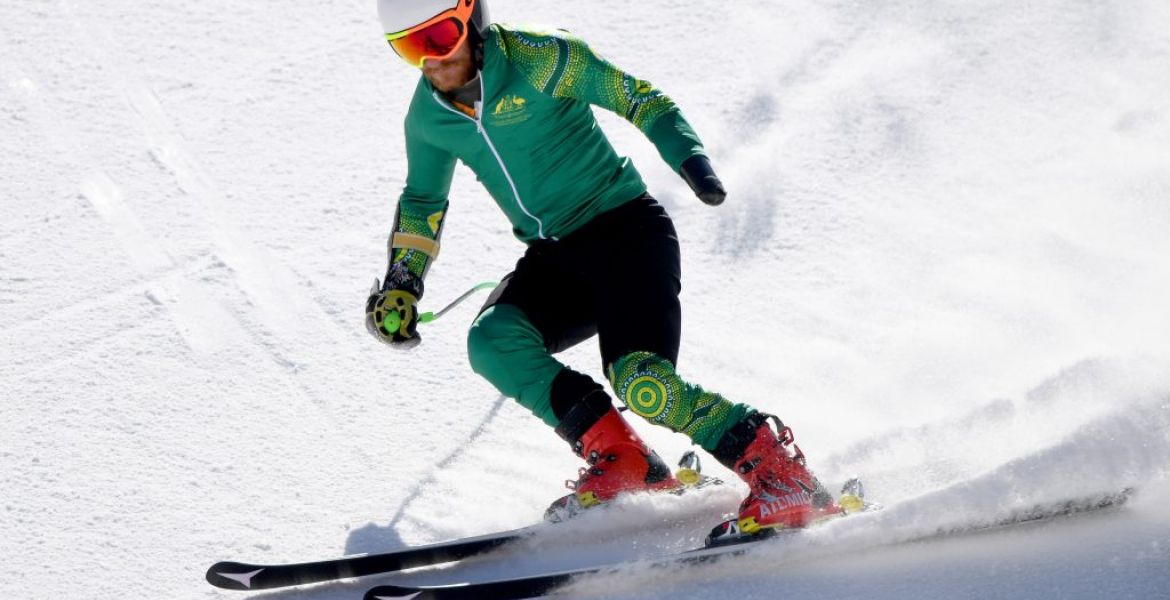Saturday, 16 August 2008 will be remembered by the VIS and rowers nationwide as one of the most successful days in Australian Olympic history.
The medal haul at Shunyi Park, Beijing lasted only one hour, but its impact is undeniable; that hour transformed the Olympic campaign for the VIS, for Australia, and inspired thousands of emerging rowers across the country.
First there was Drew Ginn, lining up in the menŌĆÖs pair with partner Duncan Free (QAS) and coached by VIS rowing Head Coach Chris OŌĆÖBrien. Ginn, already a dual Olympic gold medallist, managed to defy the crippling back injury he was suffering to claim his third Olympic gold medal in a thrilling, emotion-filled race. Ginn and coach OŌĆÖBrien became back to back Olympic gold medallists in the menŌĆÖs pair.
Around ten minutes later, David Crawshay was in his boat at the start line with menŌĆÖs double scull partner Scott Brennan (TIS), hoping to emulate the success of the menŌĆÖs pair. Wins in their heat and semi-final pushed the disappointment of Crawshay and BrennanŌĆÖs Athens Olympic result to the back of their minds, and the crew courageously out-rowed the more fancied crews to claim Olympic victory and finally lay to rest the Athens memory.
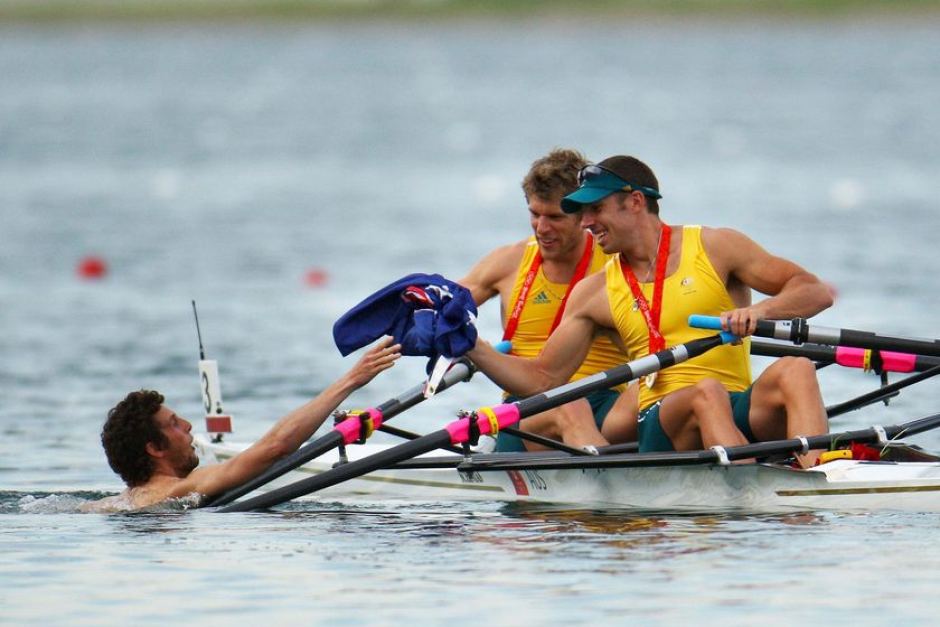
Image: Australian rowers David Crawshay and Scott Brennan are presented with a flag after their victory in the men's double sculls final at the Beijing Olympics on August 16, 2008. Credit: Getty Images
Twenty-five minutes, two gold medals, an inspiring boost to AustraliaŌĆÖs medal tally and a surge in respect for the VIS rowing program.
Remaining focused after such excitement is no easy task, especially when youŌĆÖre on the start line of the biggest race of your career.
Competing in the menŌĆÖs four approximately 20 minutes later, VIS athlete James Marburg and Cameron McKenzie-McHarg appeared to have no trouble. The crew only secured their Olympic birth less than two months before the Games, at the final qualification event, yet they managed to shock their rivals and lead the first 1800m of the race. Eventually being overtaken by the favoured British crew, the Australian menŌĆÖs four took the silver medal and capped off the most successful hour in Australian Olympic rowing history.
From Beijing to Bendigo
Just weeks after winning an Olympic silver medal in the menŌĆÖs four, VIS rowers Cameron McKenzie-McHarg and James Marburg shared their experience with school students in Bendigo.
Under the VIS Sportspersons in Schools Program (now known as the Be Fit. Be Well. program), they visited Bendigo South West Secondary College and Bendigo Senior Secondary College, speaking to students about goal setting, overcoming setbacks and the Olympic experiences they enjoyed the most.
The menŌĆÖs four won the silver medal at the Beijing Games after the crew had been rowing together for just four months. Cameron and James spoke of the hundreds of hours of training on and off the water for a race that lasted just six minutes. James gave students a message of confidence, telling them that ŌĆ£self-belief plays such a big part in everything you do ŌĆō sport, school, work and lifeŌĆØ.
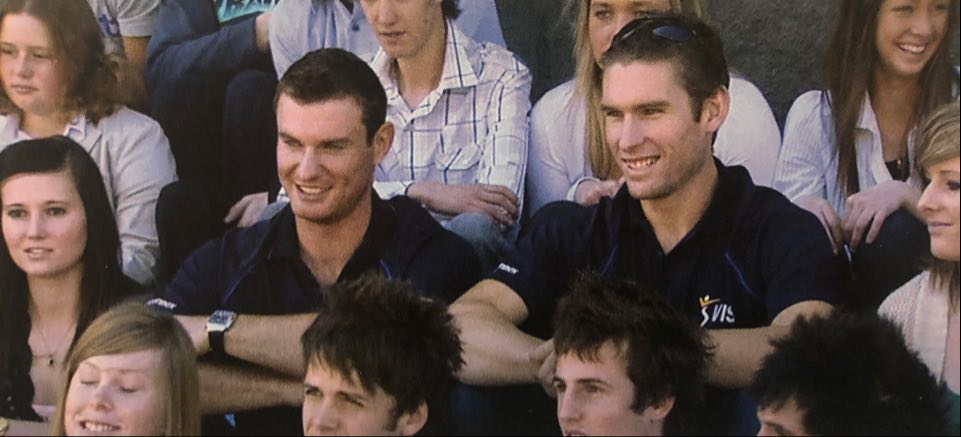
Image: Beijing Olympic silver medallists James Marburg & Cameron McKenzie-McHarg at a school visit.
Inspired by Success
Every sport has its ŌĆśgreatŌĆÖ. Like Bradman is to cricket and Dawn is to swimming, Tomkins and Ginn are to rowing.
With over 50 years of rowing experience and six Olympic gold medals between them, Tomkins and Ginn have seemingly mastered the art of rowing. Everyone benefits from their success ŌĆō but none more so than the younger, aspiring rowers.
These two greats have inadvertently instigated a ŌĆśfiltering effectŌĆÖ within the VIS rowing program; with younger Olympic aspirants mirroring their methodical and disciplined training regime. Under the guidance of Head Coach Chris ŌĆśCobbaŌĆÖ OŌĆÖBrien and other senior coaches, the VIS rowing program has established a culture of diligent and determined training that filters right through to the newest members of the program. This team discipline inevitably harbours success.
So successful in this culture that the VIS rowers were some of the best-performers at the Beijing Games: brining home two silver (in the same event) and two gold medals. After winning his gold medal in the menŌĆÖs double scull, David Crawshay offered one piece of advice,
ŌĆ£You need to continuously surround yourself with successful peopleŌĆØ. This statement is reality for those who train at the VIS ŌĆō on a daily basis, we are training alongside these ŌĆśgreatsŌĆÖ and witness first-hand their successes; and this success becomes contagious.
For the younger athletes like myself, being able to train beside these Olympic gold medallists invariably brings the Olympic dream closer to reality.
by Lisa Szatsznajder (November 2008)
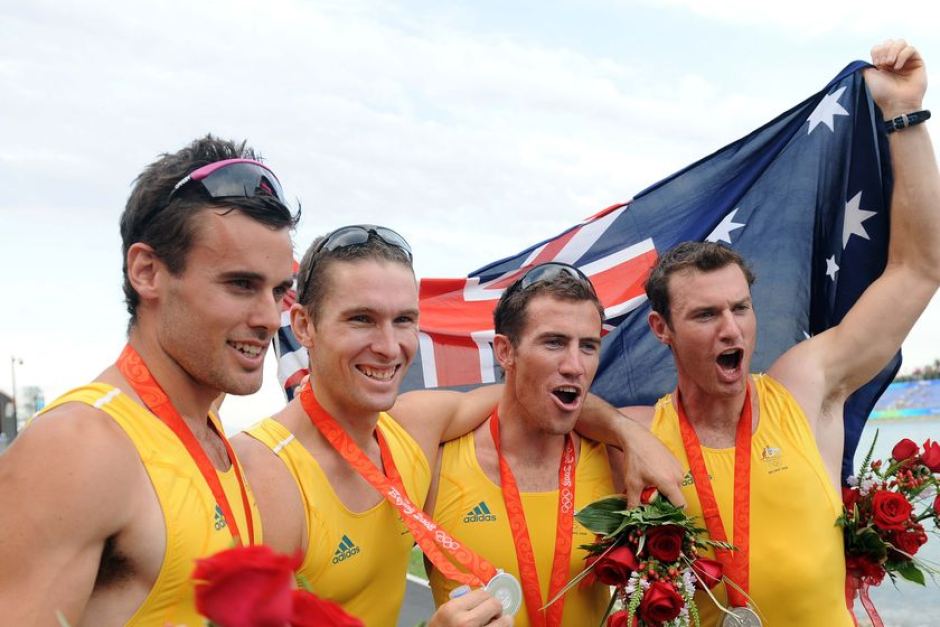
Image: Matt Ryan, James Marburg, Cameron McKenzie-McHarg and Francis Hegerty celebrate with their silver medals for the men's four final at the Beijing Olympics on August 16, 2008. Credit: ABC
Stay up to date with our 'Remembering VIS at the Games' campaign here.

